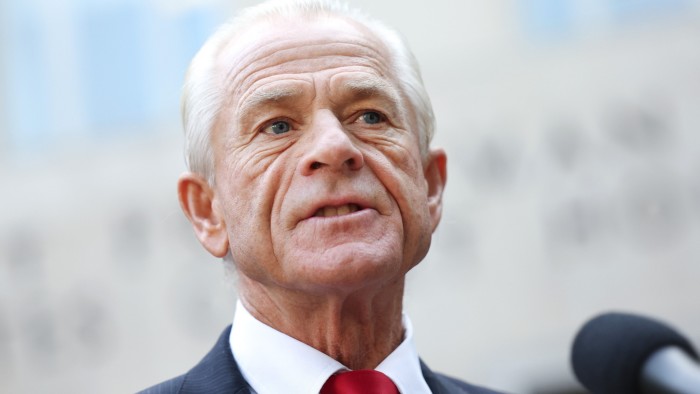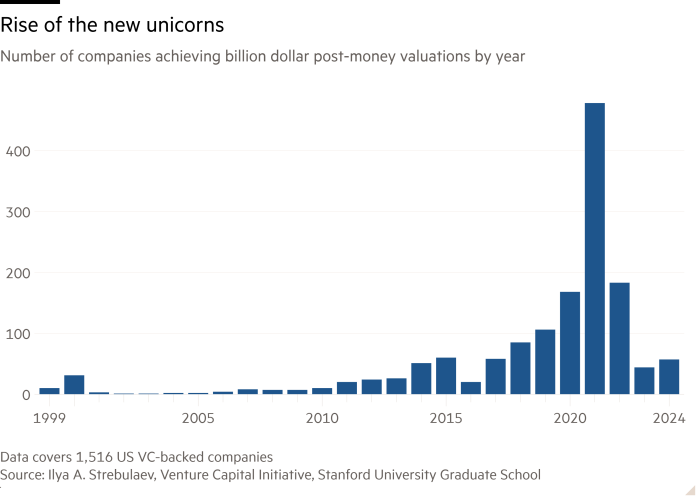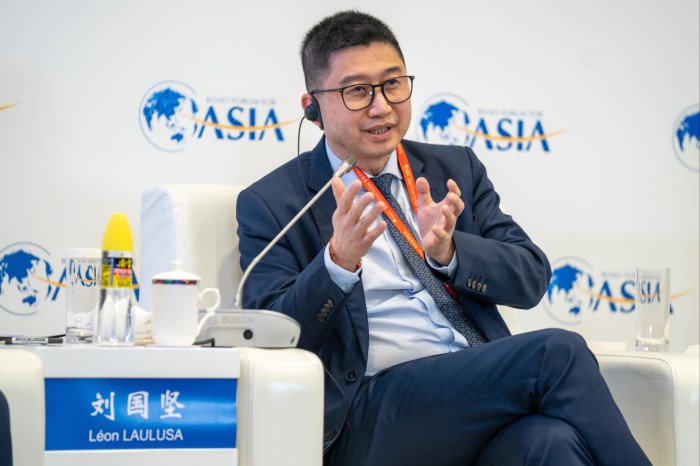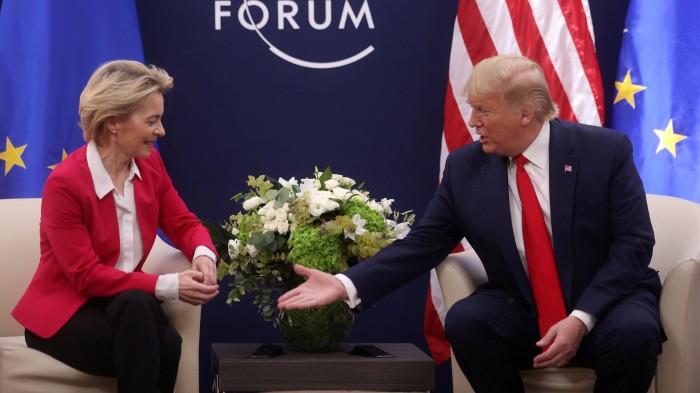Carmakers’ CEO churn rate rises amid EV shift, tariffs and Chinese competition
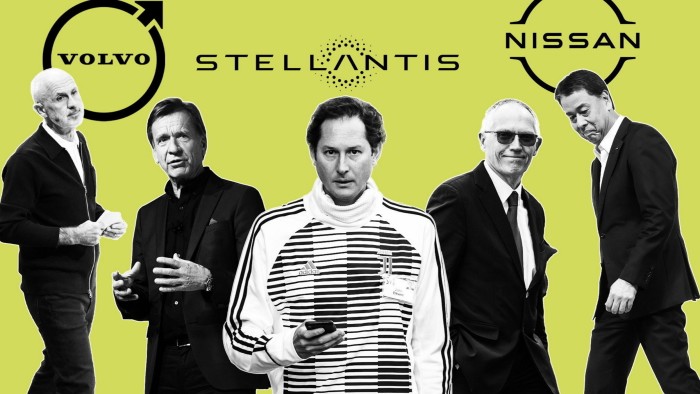
Stay informed with free updates
Simply sign up to the Automobiles myFT Digest — delivered directly to your inbox.
One in five automotive chief executives has stepped down over the past 12 months as the industry wrestles with a shortage of leaders to navigate rising geopolitical turbulence and increased competition.
CEO changes have occurred at Stellantis, Volvo Cars, Lucid and Nissan with chiefs at 11 of the top 50 automotive companies in the role for less than a year, according to executive search firm Savannah.
Globally, the average annual churn rate of CEOs at listed companies across all sectors has been one in nine over the past five years, it added.
Car executives say succession planning has been complicated by the blurring of lines between the automotive and technology industries as the sector shifts to electric vehicles. The pressures posed by President Donald Trump’s trade war, declining profitability and the influx of cheaper offerings from Chinese brands have also added to the complex backdrop.
“If you look at the rate of leadership turnover across the global automotive industry, that gives you some idea of the level of volatility and disruption across the sector right now,” said Chris Donkin, managing partner at Savannah.
According to headhunter Russell Reynolds, 10 chief executives departed carmakers and automotive parts suppliers last year, compared with four in 2023 and three in 2022.
The challenge of identifying a successor has been particularly pronounced at Stellantis following the departure of Carlos Tavares in December as its sales in the US and Europe declined.
The board led by chair John Elkann had leaned towards finding an outside candidate to bring a fresh perspective, leading to contenders narrowed down to five — two internal, two external and one non-automotive — in March.
Those who have held discussions with the board include Mike Manley, former Jeep boss and chief executive of car retailer AutoNation. Manley did not respond to requests for comment.
In recent weeks, however, the focus has shifted back to its two internal candidates — Antonio Filosa, the group’s North American head, and Maxime Picat, chief purchasing officer.
One person close to the discussions said the tariff uncertainty and geopolitical tensions had reinforced the need to find a person who knew the company thoroughly.
Running the group, with 14 brands including Peugeot, Fiat and Jeep, as well as core operations in France, Italy, Germany and the US, would also require sophisticated diplomatic skills, another person with knowledge of the deliberations said.
“None of the candidates ticks all the boxes. I have the feeling that they are going towards an internal candidate. That person will know the business and the industry well,” one person close to Stellantis said.
Stellantis has said it is on track to announce a new chief by June, but declined to comment further.
Beyond Stellantis, Volvo Cars brought back Håkan Samuelsson, its 74-year-old former boss, in late March to steer the Geely-owned Swedish carmaker for a few years through the tariff uncertainty.
Lucid, the lossmaking US EV maker, is also searching for a new CEO after Peter Rawlinson stepped down in February. Nissan overhauled its leadership team in April to execute drastic restructuring to stem its financial crisis.
Some executives acknowledge that the changing industry landscape requires skillsets beyond the automotive sector but accepting external talent would also be challenging.
“There is a scarcity of talent, I think, in general across the industry in a lot of key skill areas and in leadership positions,” Simon Smith, chief people officer at Aston Martin, said at the FT’s Future of the Car summit earlier this month. “But it’s not always easy to encourage our managers to think about people outside of automotive. It’s quite an insular industry.”
Last year, Aston Martin appointed former Bentley CEO Adrian Hallmark as its new boss, the third change of leadership at the UK luxury-car maker in the space of four years.
“Particularly when things are changing so quickly, [the car industry] needs a whole new viewpoint, it needs fresh eyes, and it needs to think about things completely differently,” said Lynn Calder, CEO of off-roader manufacturer Ineos Automotive, warning that the industry was heading towards “inertia” without the diversity of thought.


